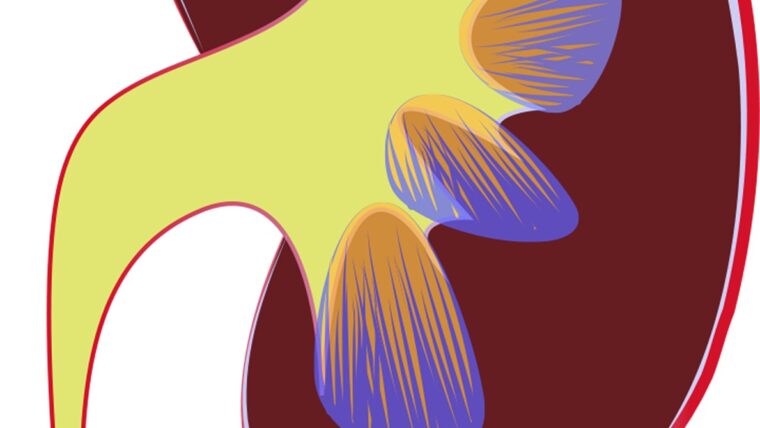The human body is made up of 60% water, and water is essential for our survival. Every organ in our body needs water to function properly, and our kidney health is no exception. The kidneys are responsible for filtering waste and excess fluid from our blood, and they play a crucial role in maintaining our overall health. However, many people do not realize the importance of staying hydrated for kidney health. In this article, we will explore the benefits of drinking enough water and the risks of dehydration.
Why is staying hydrated important for kidney health?
Our kidneys are constantly working to filter waste and excess fluid from our blood. When we are dehydrated, our kidneys cannot function properly, and waste and excess fluid can build up in our body. This can lead to a variety of health problems, including kidney stones, urinary tract infections, and even kidney failure.
Staying hydrated helps to ensure that our kidneys are functioning properly and that waste and excess fluid are being filtered out of our body. When we drink enough water, it helps to keep our blood flowing smoothly, which in turn helps to keep our kidneys healthy and happy.
How much water should you drink?
The amount of water you should drink each day depends on several factors, including your age, weight, activity level, and overall health. As a general rule, most adults should aim to drink at least 8 glasses of water per day, or about 2 liters.
However, if you are exercising or spending time in hot weather, you may need to drink more water to stay properly hydrated. It is also important to note that certain health conditions, such as kidney disease, may require you to drink more or less water than the recommended amount.
What are the benefits of staying hydrated?
Staying hydrated offers a wide range of benefits for our overall kidney health , including:
- Improved kidney function: Drinking enough water helps to keep our kidneys functioning properly and reduces the risk of kidney problems.
- Increased energy levels: When we are dehydrated, we may feel tired and sluggish. Drinking enough water can help to boost our energy levels and improve our mood.
- Better digestion: Water helps to keep our digestive system running smoothly and can help to prevent constipation.
- Healthier skin: Drinking enough water can help to keep our skin hydrated and may reduce the risk of wrinkles and other signs of aging.
- Reduced risk of urinary tract infections: When we are dehydrated, it can be easier for bacteria to grow in our urinary tract, increasing the risk of infections. Drinking enough water helps to flush out bacteria and reduce the risk of infection.
What are the risks of dehydration?
Dehydration occurs when we do not drink enough water to meet our body’s needs. This can lead to a variety of health problems, including:
- kidney health problems: When we are dehydrated, our kidneys cannot function properly, which can lead to kidney stones, urinary tract infections, and even kidney failure.
- Headaches: Dehydration can cause headaches and migraines, as well as dizziness and lightheadedness.
- Digestive problems: Dehydration can cause constipation and other digestive problems.
- Low blood pressure: When we are dehydrated, our blood pressure can drop, which can cause dizziness and fainting.
- Heat stroke: In extreme cases, dehydration can lead to heat stroke, which is a life-threatening condition.
FAQs
Can drinking too much water harm my kidneys?
While it is rare, drinking too much water can lead to a condition called hyponatremia, which occurs when the sodium levels in your blood become too diluted. This can lead to headaches, nausea, and in severe cases, seizures or coma. However, for most people, drinking the recommended amount of water each day is safe and beneficial for kidney health.
Does drinking other fluids besides water count towards my daily water intake?
Yes, other fluids such as tea, coffee, and juice can contribute to your daily water intake. However, it’s important to remember that some beverages, such as sugary sodas, can actually dehydrate you and should be consumed in moderation.
Are there any other ways to support kidney health besides staying hydrated?
Yes, there are several other ways to support kidney health, including maintaining a healthy diet, managing blood pressure and blood sugar levels, exercising regularly, and avoiding smoking and excessive alcohol consumption.
Conclusion
Staying hydrated is crucial for maintaining healthy kidney function and preventing kidney problems. By drinking enough water each day, you can help keep your kidneys happy and functioning properly. Remember to aim for at least 8 glasses of water per day, and to drink more if you are exercising or spending time in hot weather. If you have any concerns about your kidney health, be sure to talk to your doctor.




